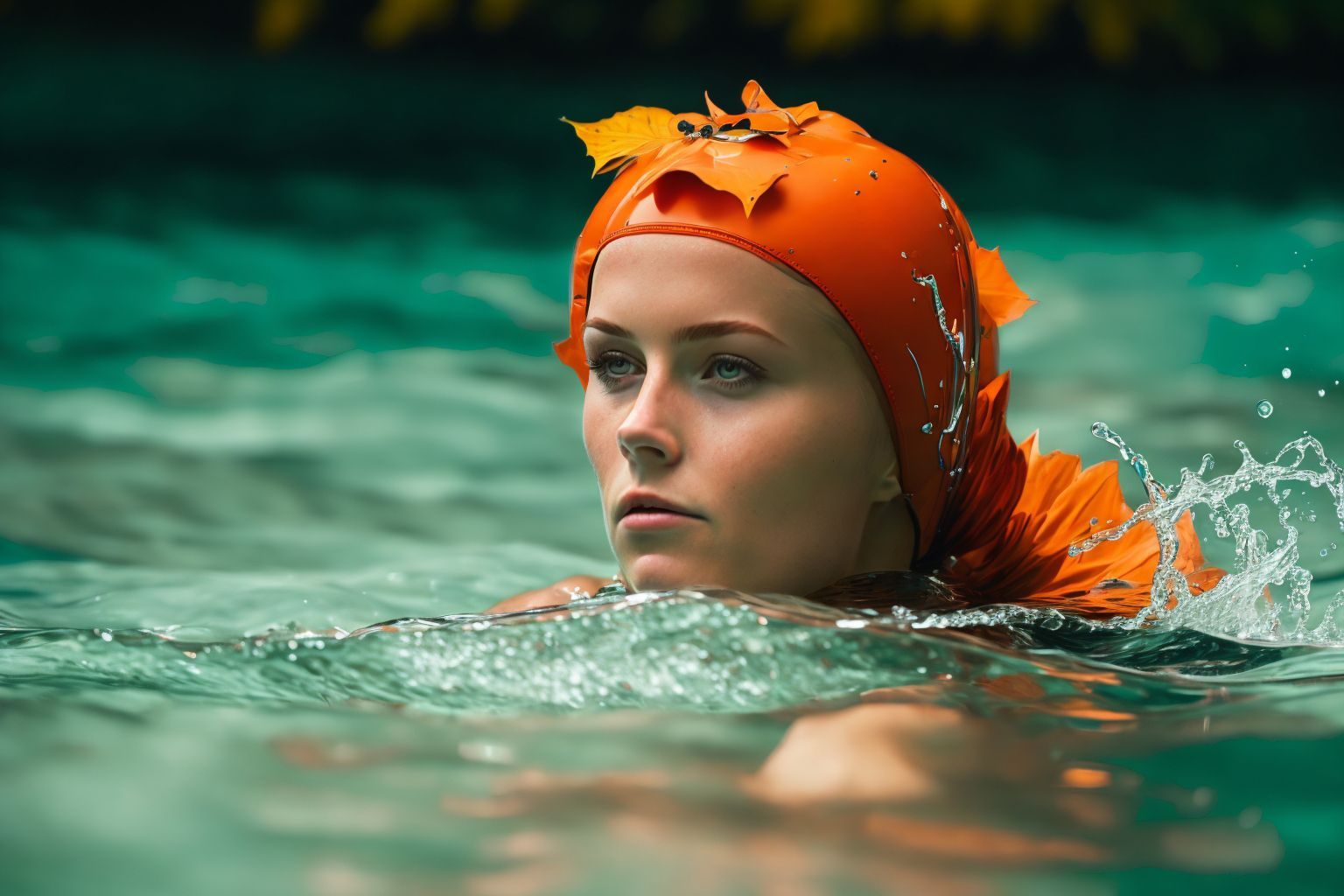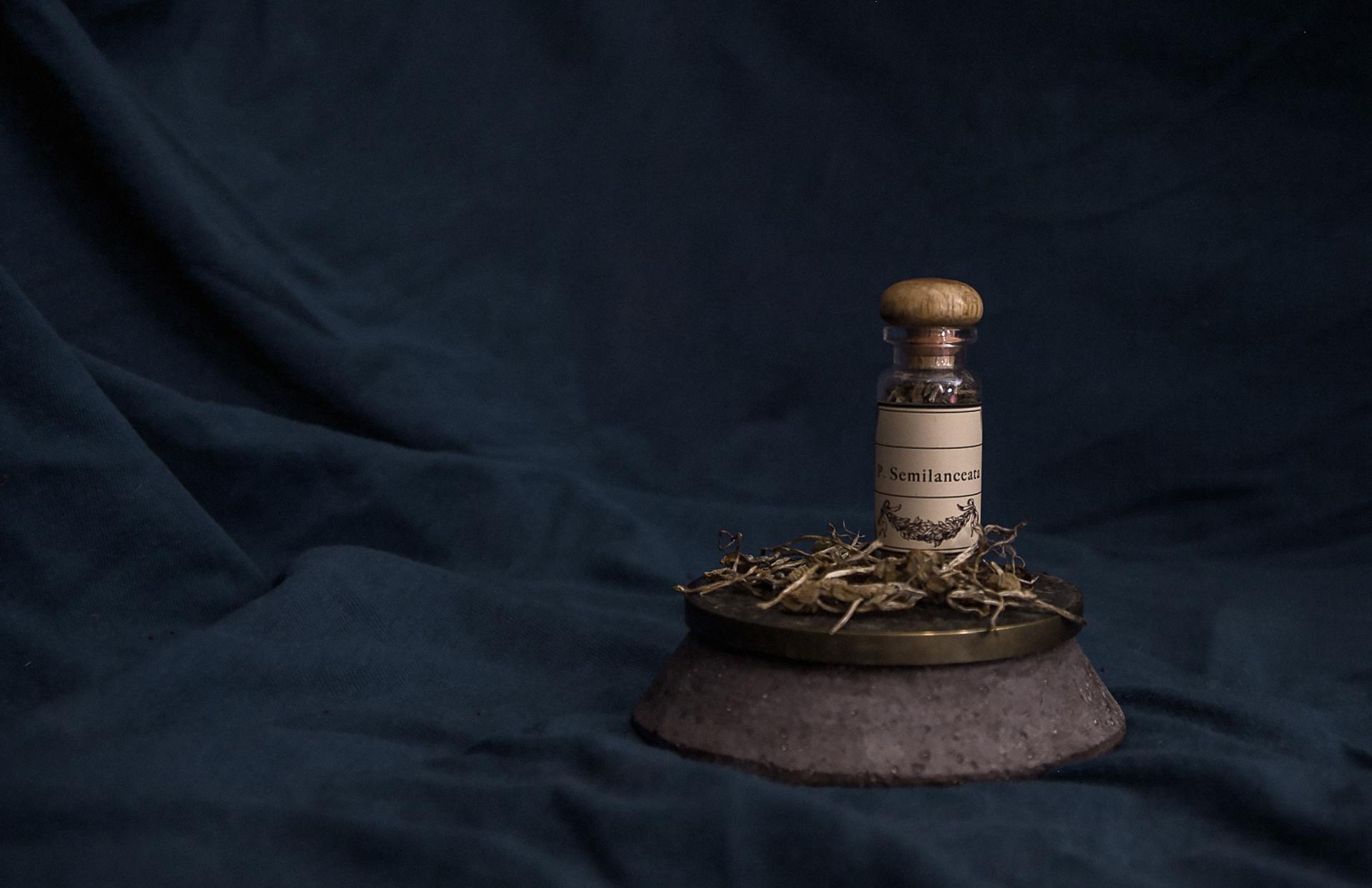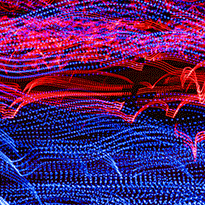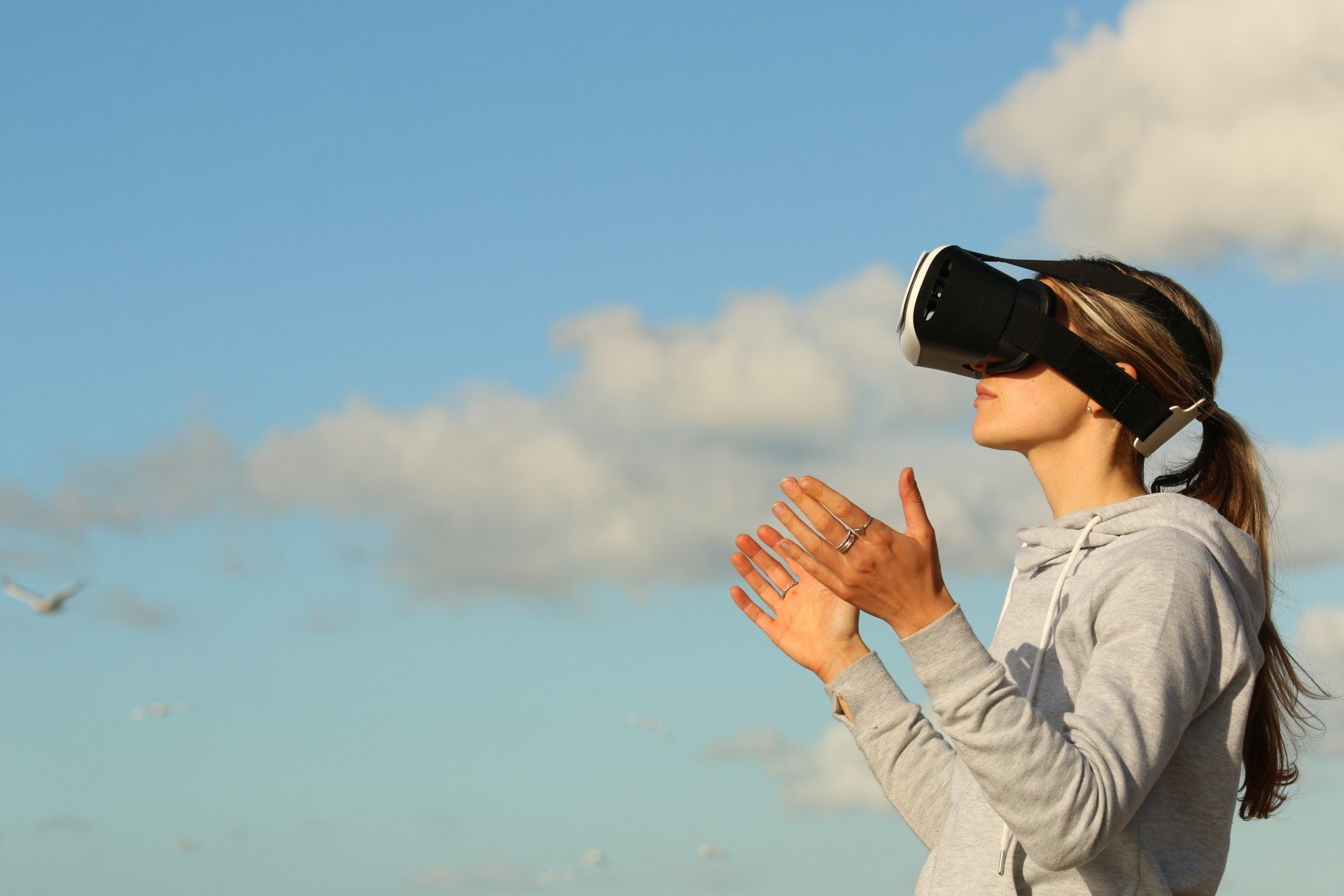World Homeopathy Day 2019: Here's What You Need to Know About Samuel Hahnemann & His Discovery
On World Homeopathy Day, scroll down to find out more about the discovery of the alternative system of medicine, Homeopathy
The scientific jury may still be out on its efficacy but few would dispute the popularity of homeopathy in India and many other countries. As the world celebrates World Homeopathy Day on April 10, did you know that German physician Samuel Hahnemann created the alternative system of medicine nearly 200 years ago out of disillusionment with medical practices of his era?
Born on 10 April 1755 near the German city of Dresden, Hahnemann started practising as a doctor in Saxony in 1781 after finishing his medical studies with honours. His thesis was titled ‘A Dissertation on the Causes and Treatment of Spasmodic Diseases.’
Disillusioned with bloodletting and other medical practices of his era, Hahnemann quit his job just three years later to work as a translator—he is said to have been proficient in proficient in several languages, including English, French, Italian, Greek and Latin— of scientific and medical textbooks. Hahnemann began to research cinchona's effect on the human body by self-application after he came across the claim in William Cullen's A Treatise on the Materia Medical that the Peruvian tree bark was effective in treating malaria because of its astringency.
He concluded that the drug could induce malaria-like symptoms in any healthy individual and eventually came up an alternative system of medicine which he named Homeopathy in an 1807 essay based on his “like cures like” doctrine.
“In other words, something that brings on symptoms in a healthy person can — in a very small dose — treat an illness with similar symptoms. This is meant to trigger the body’s natural defenses,” according to an article on Webmd.com.
At best a placebo effect?
Homoeopathy’s efficacy remains disputed in the West. A 2015 assessment by the Australian government’s National Health and Medical Research Council concluded that there is no “reliable evidence that homoeopathy is effective for any health condition.”
In 2017, England’s National Health Service (NHS) asked doctors not to hand out prescriptions for homoeopathic treatments, described by NHS chief executive Simon Stevens as “at best a placebo” and “a misuse of scarce NHS funds”. In fact, the NHS just last week announced that Homeopathic treatments will be blacklisted after it emerged that doctors were still issuing thousands of prescriptions a year.
Popular treatment in India
Not in India through which is hosting a two-day convention to mark the day. “Homeopathy is one of the most popular medical systems in India, in fact, a close second among the AYUSH (Ayurveda, Yoga and Naturopathy, Unani, Siddha and Homeopathy) services. There are growing numbers of users, practitioners, educational institutes, as well as public health clinics, compared to the AYUSH systems in India.
Academic homoeopathy institutes comprise 35.8% of AYUSH colleges, while homeopathy practitioners are 37% of the AYUSH in total. Our country has the biggest drug manufacture and traders’ sector in Homoeopathy,
according to the Ministry of Ayush’s Central Council for Research in Homeopathy.
India's annual market size for Homeopathy is 516.9 million US dollars, according to media reports quoting industry experts.
PW's comment
It seems extraordinary that a cash strapped NHS would retract from homeopathic treatments that they describe as "at best a placebo" knowing that 1) The cost of homeopathic treatments are vastly cheaper than many MHRA approved drug treatments and 2) (Maybe they don't know this) that placebos work for a good proportion of the population.




